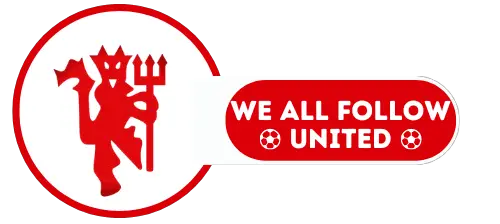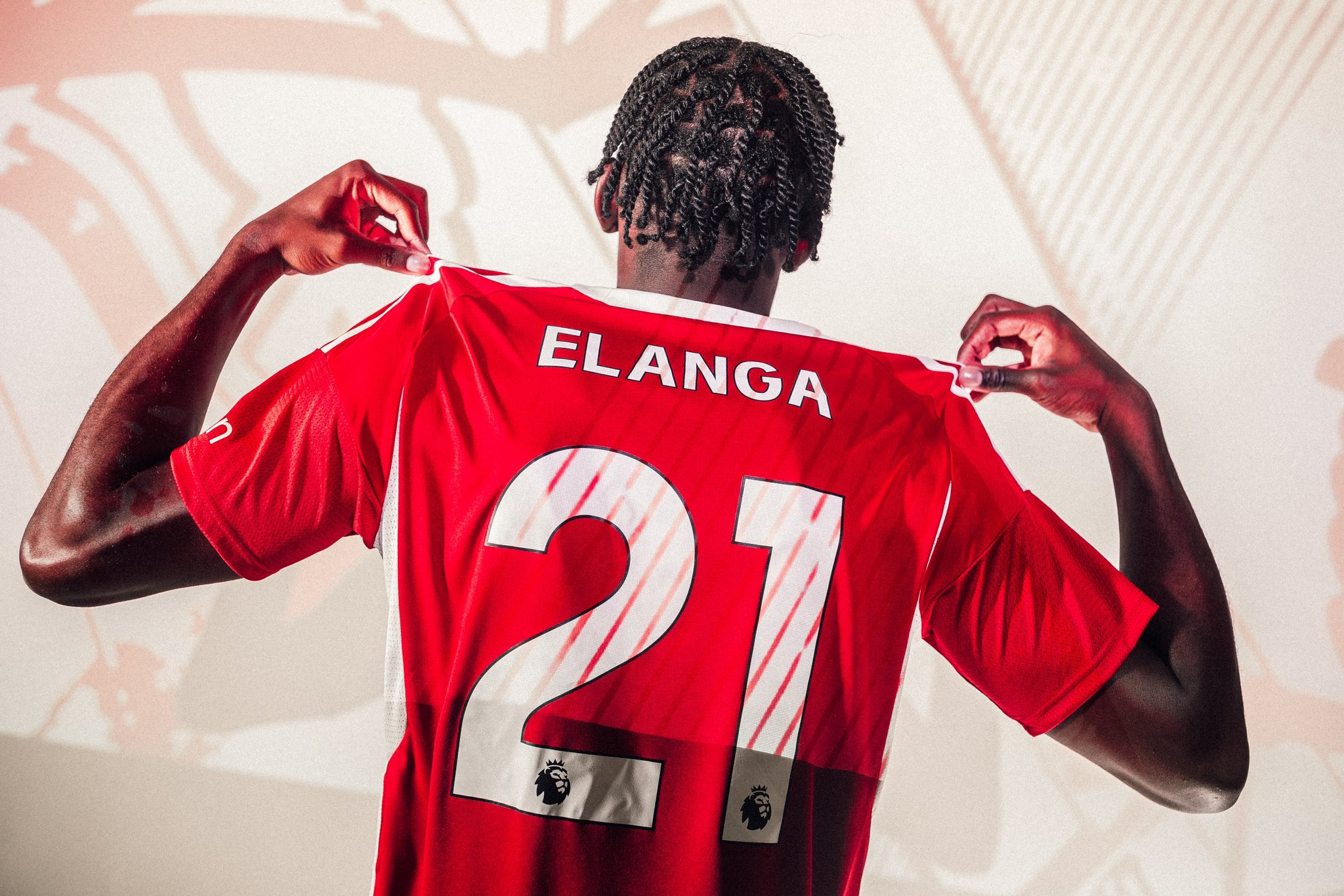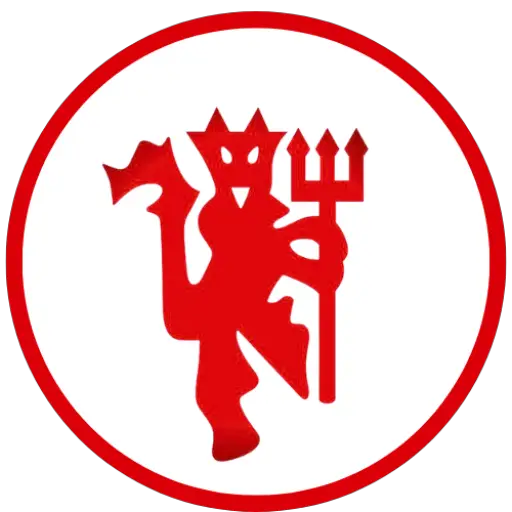In the captivating world of football, where glitz and glamour often shadow the grassroots, it’s the unsung youth academies that silently thread the heart of the sport.
The promise of raw talent, honed and nurtured, ready to captivate spectators on the global stage, forms the backbone of these institutions.
A quintessential example of such an institution is the Manchester United Youth Academy, a fabled factory of talent that has been integral to the club’s illustrious history and core philosophy.
At Manchester United, the motto ‘Youth, Courage, Greatness’ isn’t merely an eloquent catchphrase; it’s an ingrained ethos that has guided the club’s trajectory for decades.
The Youth Academy, therefore, is not just a subsidiary of the club – it’s the pulsating heart that pumps fresh lifeblood into the venerable institution, continually rejuvenating it with a fresh supply of homegrown talent.
History and Success of the Academy
Tracing the history of Manchester United’s Youth Academy is akin to mapping the DNA of the club itself. Established in 1938 as the Manchester United Junior Athletic Club (MUJAC), the academy has remained an integral component of United’s identity. Its birth was not a mere structural addition, but a visionary commitment to nurturing youth that has yielded fruits beyond the wildest imaginations.
The tradition of the academy became most apparent during the ‘Busby Babes’ era, named after Matt Busby, the manager who dared to believe in the power of youth.
During this era, the club took the bold step of including at least one academy graduate in every matchday squad—a tradition upheld since October 1937 and living strong even today, a testament to the academy’s perennial relevance.
The product of this relentless investment in youth? A dazzling array of talent that has graced the theatre of dreams, setting records and lifting trophies, all while wearing the emblem of the club they were raised in.
The Academy’s Role in the Ferguson Era
In the grand tapestry of Manchester United’s history, the Sir Alex Ferguson era is a golden period, a time when the club reached dizzying heights of success.
And it’s no coincidence that the Academy, too, flourished during this period. Sir Alex had an eye for talent, a belief in the power of youth that resonated with United’s philosophy.
Ferguson’s tenure saw the emergence of the fabled ‘Class of ’92’—a group of academy graduates including David Beckham, Ryan Giggs, Paul Scholes, Nicky Butt, and the Neville brothers.
These players would go on to form the spine of a team that dominated English and European football for years, embodying United’s values of fearlessness, resilience, and an indomitable will to win.
Under Ferguson’s guidance, these academy graduates not only became great players but also custodians of the club’s ethos. The ‘Class of ’92’ became the personification of the academy’s success, etching its importance in the annals of United’s history, and more importantly, in the heart of every United fan.
Their triumph wasn’t just a victory for the players or the manager, but a resounding affirmation of the value and potential of a youth system that dared to believe in the power of its own.
In the grand mosaic of Manchester United’s rich history, the academy forms the foundational pieces, shaping its past, present, and undoubtedly, its future.
Notable Academy Graduates
Through the lens of history, the Manchester United Youth Academy resembles an artist’s canvas, adorned with an array of vivid portraits. These are the academy graduates – prodigious talents who stepped onto the Theatre of Dreams’ hallowed turf, taking the club’s legacy forward.
Among the early academy graduates, George Best stood out, a winger with an irresistible blend of skill, flair, and audacity.
Often referred to as the ‘fifth Beatle’ or ‘El Beatle’ for his rockstar persona, Best was as mesmerizing off the pitch as he was on it. His dazzling skills earned him the Ballon d’Or in 1968, cementing his place in United’s folklore.
The ‘Class of ’92’, arguably the academy’s most famous cohort, boasted talents like Ryan Giggs, the Welsh Wizard, who wove his magic on the left flank for an unparalleled 24 seasons. Paul Scholes, the midfield maestro, whose vision and passing range was only rivalled by his humility.
David Beckham, the boy from London who became a global icon, his right foot as famous as his fashion sense. And the Neville brothers – Gary and Phil – epitomizing the ethos of dedication, consistency, and unwavering commitment to the club.
In recent years, the academy’s conveyor belt of talent has continued unabated. Marcus Rashford, a local lad, has not only dazzled with his skills on the pitch but also emerged as a powerful voice off it.
Scott McTominay, with his boundless energy and passion, embodies the academy’s emphasis on character. And Mason Greenwood, a forward with a ‘golden generation’ touch, is already showing signs of living up to the high standards set by his predecessors.
The Academy Philosophy and Training Approach
The secret recipe for the Manchester United Youth Academy’s success lies in its philosophy and training approach. It’s a unique blend, a perfect balance between the physical and the mental, the technical and the ethical.
At the heart of United’s academy philosophy is a firm belief in developing a complete footballer – a player as capable in their technique as they are in their physical prowess.
A focus on technical skills ensures that each graduate is comfortable with the ball at their feet, able to express themselves freely on the pitch. Simultaneously, an emphasis on physical development prepares them for the rigors of the modern game, where athleticism can be the thin line between victory and defeat.
But perhaps the academy’s most distinguishing characteristic is its emphasis on mental toughness and character.
In line with the club’s motto ‘Youth, Courage, Greatness’, the academy instills in its young trainees the importance of bravery, resilience, and a never-say-die attitude. And equally important is the focus on work ethic, ensuring that no talent goes to waste and every player realizes their full potential.
It is this holistic approach to development, this unique philosophy, that sets Manchester United’s Youth Academy apart.
It’s not just about producing footballers; it’s about nurturing individuals who understand the club’s ethos and are ready to carry its legacy forward. And as history shows, this approach has indeed borne rich fruit.
The Academy Today
As we traverse the current landscape of Manchester United’s Youth Academy, the echoes of the past beautifully intertwine with the melody of the present, and the harmony is a testament to the academy’s sustained relevance.
In an era marked by astronomical transfer fees and the relentless pursuit of instant success, United’s commitment to their youth setup remains unwavering, an enduring testament to their foundational principles.
Recent successes provide a promising glimpse into the future. Talents like Mason Greenwood, Brandon Williams, and Teden Mengi have already etched their names into the first team, while a pipeline of prodigies, including Shola Shoretire and Hannibal Mejbri, are waiting in the wings.
Adapting to the fast-evolving landscape of modern football, the academy continues to innovate, investing in state-of-the-art training facilities and leveraging data analytics for talent identification and development.
The academy’s core values, however, remain unchanged – developing not just players, but individuals who epitomize the club’s ethos.
From the Football Pitch to Virtual Casinos: A Journey of Talent, Strategy, and Swift Payoffs
In many ways, the nurturing of talent within Manchester United’s Youth Academy draws striking parallels to the world of online casinos, particularly those with fast payouts. Just as the academy is consistently cultivating and bringing forth a steady stream of talent, these online platforms consistently offer numerous opportunities for users to try their luck and skills.
The thrill of witnessing an academy graduate making his debut on the pitch mirrors the exhilaration of earning a swift payout from an online casino.
The careful strategic planning, the nurturing of individual skills, and the inevitable moments of luck and payoff – the experiences are, in essence, different sides of the same coin.
From the meticulously groomed pitches of the Youth Academy to the virtual gaming tables, both arenas champion skill, strategy, and the boldness to seize opportunities as the pathways to success.
Conclusion
Drawing the curtains on this exploration of Manchester United’s Youth Academy, it’s clear that the academy is much more than a talent factory.
It is the heartbeat of the club, an enduring symbol of the United way. The academy graduates are more than players; they are living embodiments of a philosophy that champions youth, courage, and greatness.
The Youth Academy’s contribution to Manchester United cannot be quantified merely in terms of the number of players it has produced or the silverware they’ve won. It is an integral part of the club’s identity, a constant thread weaving through its rich tapestry, a testament to United’s unwavering belief in the power of youth.
As we look to the future, this commitment to youth development is not merely a strategic choice; it’s the very essence of the club.
The Old Trafford floodlights will continue to illuminate the path for academy players stepping onto the hallowed turf, their dreams interwoven with the fabric of this storied institution.
For as long as there is a Manchester United, there will be a thriving Youth Academy, a beacon guiding the next generation towards greatness.



